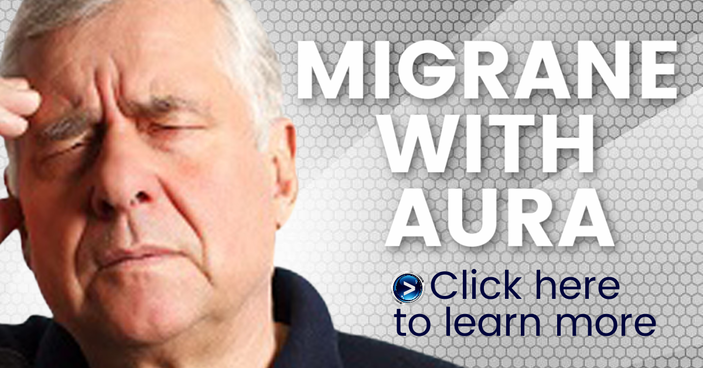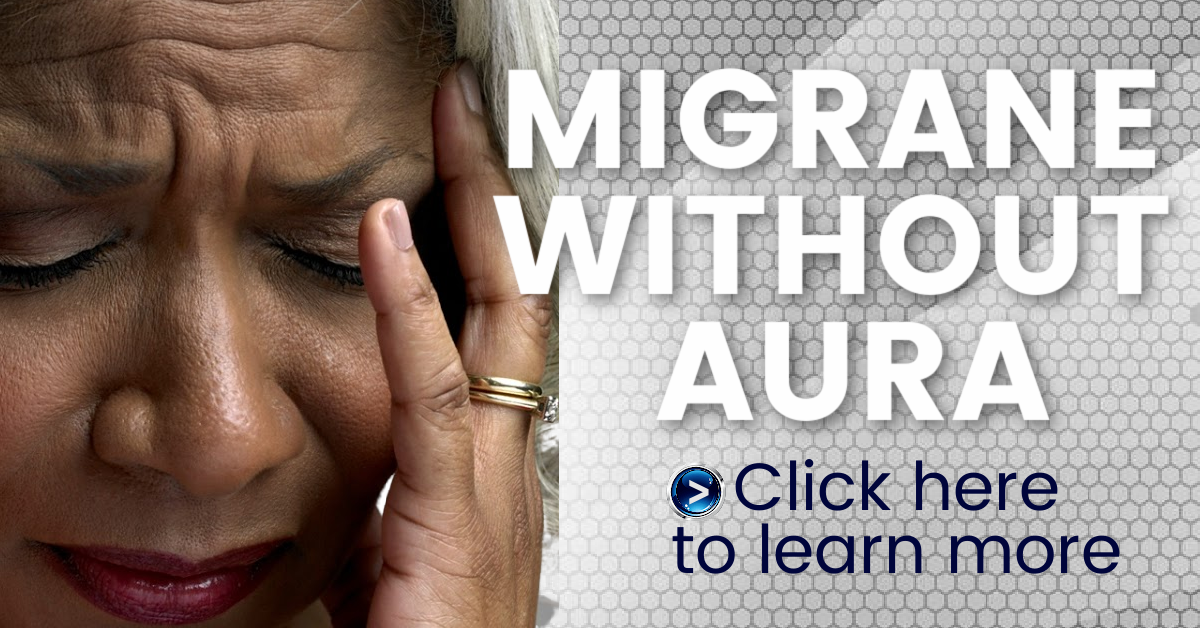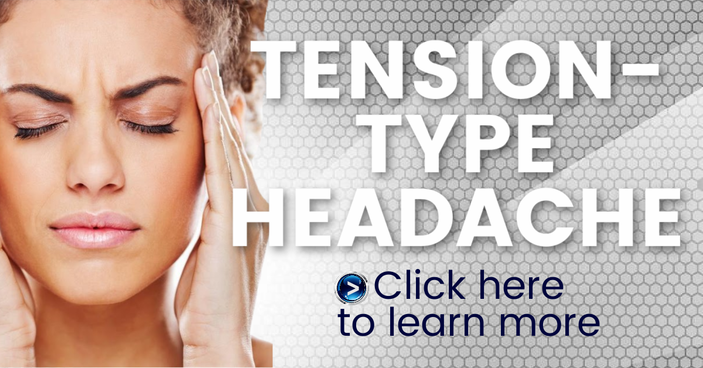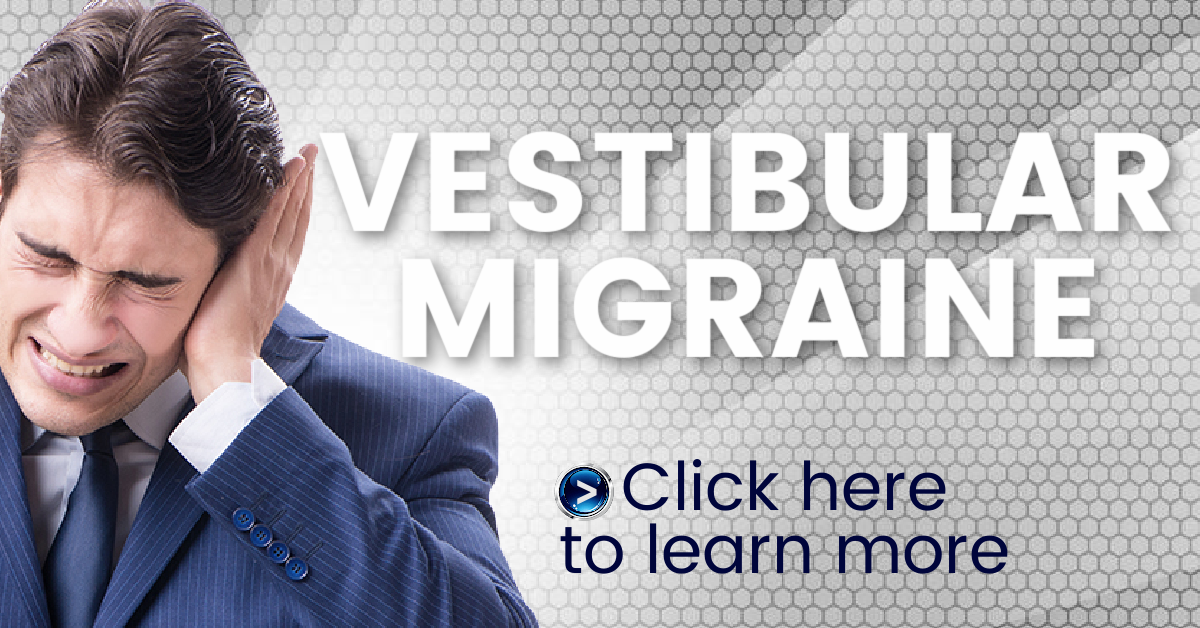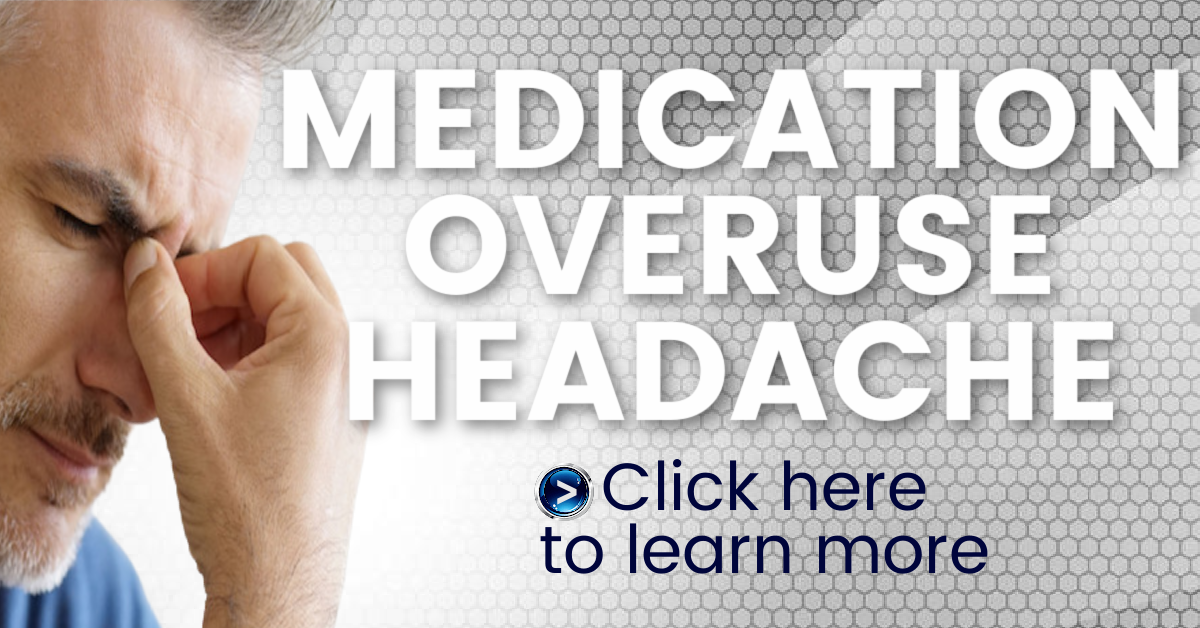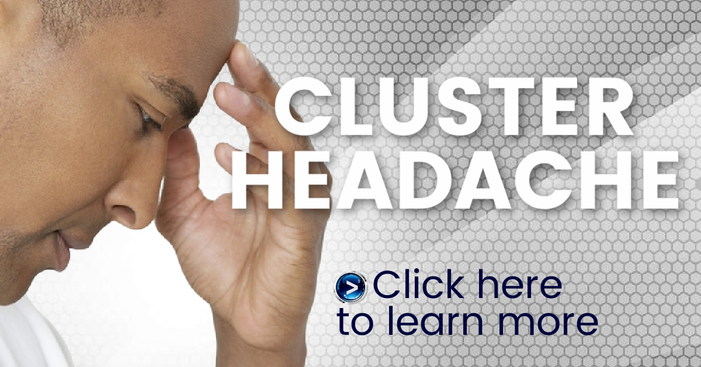VESTIBULAR MIGRAINEVestibular migraines don’t always cause headaches. The main symptom is dizziness that comes and goes. Vestibular refers to the inner ear, which controls your hearing and balance. If you’re having a vestibular migraine, you may feel:
What are treatment options and ways to lessen the impact of symptoms?
If vestibular migraine affects you, it’s important to notice your triggers—what experiences or situations seem to come before an attack. Most of them are very similar to migraine—weather changes, not enough sleep, stress, menstrual cycle, bright light, flashing lights, missing meals, food-type triggers like caffeine, chocolate or alcohol. Your triggers can be very unique and sometimes difficult to pinpoint, so it is important to keep track of them. Consider what happens before, during and after a migraine attack. How do you feel? Is there something in particular that seems to accompany your migraine symptoms? Keeping a headache diary is a good way to identify associations and patterns. Note specific descriptions of all your associated symptoms, such as dizzy spells or visual disturbances. Consider tracking your symptoms, noting potential triggers and discussing treatment with a doctor. These steps can help prevent and relieve attacks. Not all attacks are triggered, so it’s also important to consult your doctor and discuss treatment options. A lot of the treatments used for migraine also can work really well in patients who have vestibular migraine. Supplements such as Vitamin B2, magnesium and Coenzyme Q10 are usually beneficial. Other treatments include prescription medications such as triptans as well as neuromodulation devices. |
|

